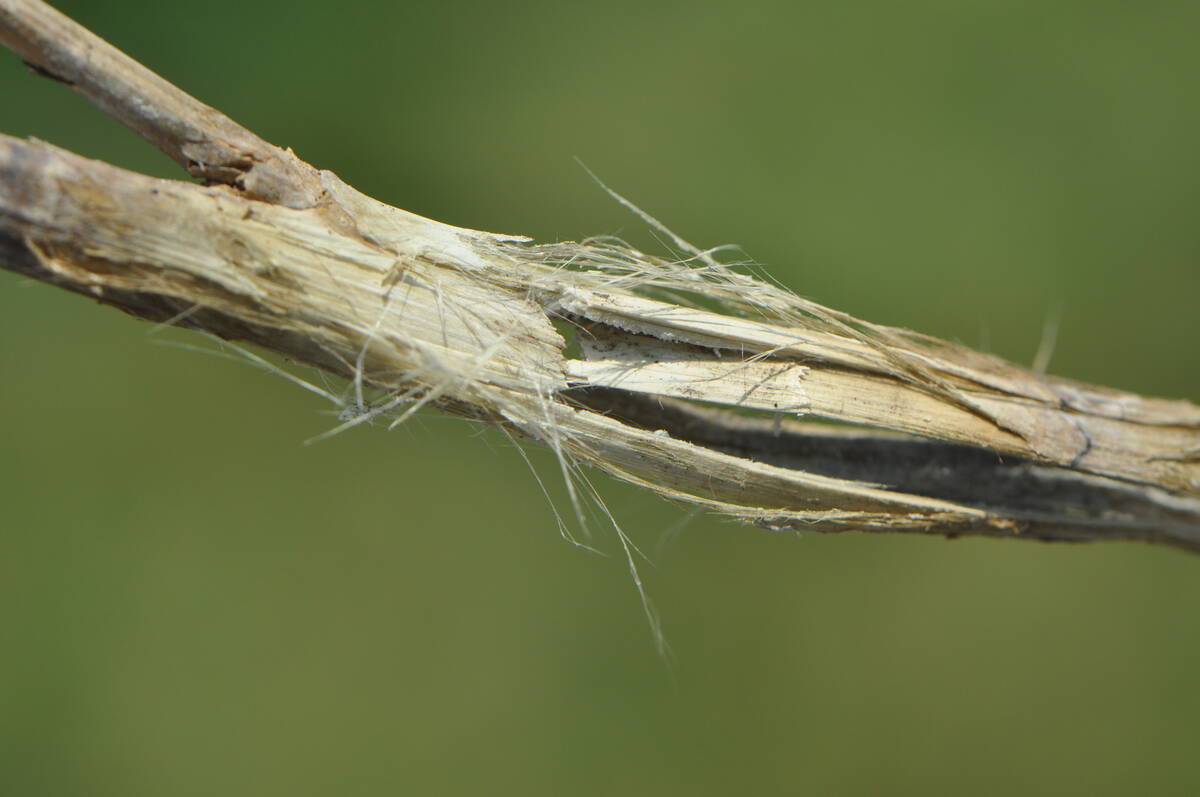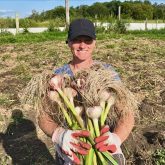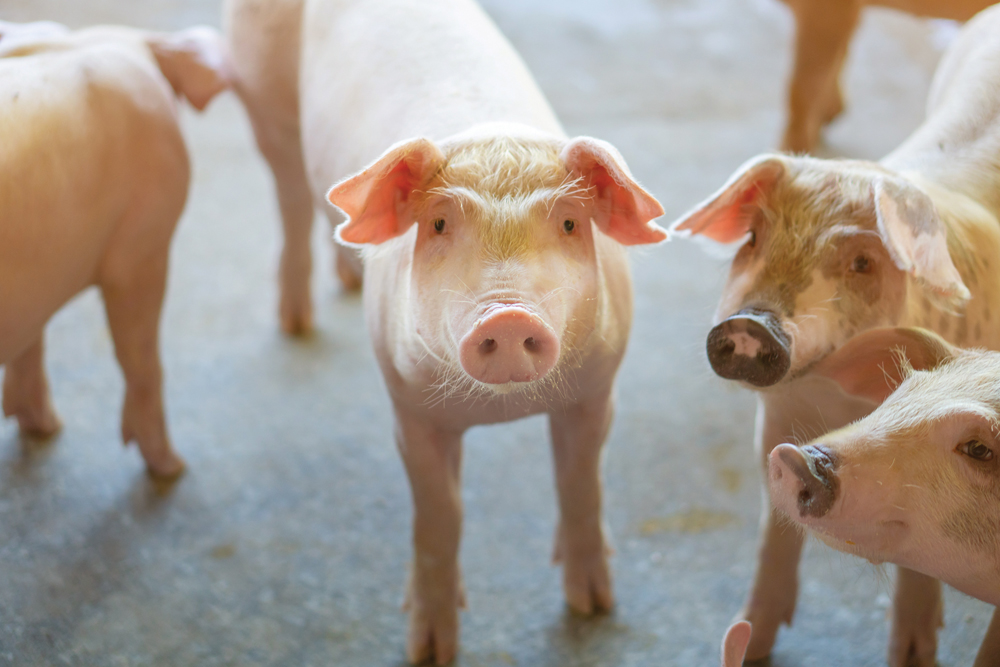Canadian pork farmers and meat processors will be shut out of the lucrative Korean market before long unless Canada makes a free trade agreement with the Asian nation a priority.
Negotiations on such a deal began in 2004 but have been on hold since 2008, apparently over concerns of Canadian automakers, representatives of the Canadian Pork Council and the Canadian Meat Council told a news conference. Another issue in the dispute is Korea’s ongoing refusal to accept Canadian beef because of fears over BSE.
The groups along with Canadian Pork International have asked Prime Minister Harper to personally ensure the negotiations resume. Korea is a major market for Canadian pork that could become even stronger because of a foot-and-mouth disease epidemic in the country, they said.
Read Also

Manitoba sclerotinia picture mixed for 2025
Variations in weather and crop development in this year’s Manitoba canola fields make blanket sclerotinia outlooks hard to pin down
DONE DEALS
Korea has reached free trade deals with the United States, Europe and Chile that will slice duties on farm and food imports to zero in the next few years while Canadian meat will still face tariffs of 20 per cent or higher. Canadian pork farmers could lose access to a market that could be worth close to $500 million in a few years.
Canada is currently the second-largest pork exporter to Korea but that status will quickly erode as the other FTAs come into effect. Already Canada has slipped from sales worth $127.6 million in 2007 to $99.4 million last year.
“The Korean market is very price sensitive,” the letter said. “A tariff advantage of just a few points will shift business. Clearly, there is an urgent need to get back to the table to secure for Canadian pork producers and processors the improved access which we have been waiting for since 2004.
After several money-losing years, pork farmers need the potential of the Korean market to regain some profitability, said Martin Rice, executive director of the Canadian Pork Council.
INTERVENTION
President Obama intervened personally to complete his country’s FTA negotiations, he noted. “The U.S. refers to the Korea-U. S. FTA as the most important one they have negotiated in nearly 20 years – and an agreement with Korea is no less important for Canada.”
Jim Laws, executive director of the Meat Council, said Chile has used its FTA with Korea to become that country’s No. 3 supplier. “If Chile had a larger herd, it would be an even more important supplier to Korea. And now Korean customers are booking business with U.S. exporters in anticipation of the Korea-U. S. FTA. The U.S. expects a sevenfold increase in the volume of their exports to Korea.”
When asked to comment on the call for a resumption of FTA talks, Ritz said, “We agree, which is why our government is committed to promoting free trade, opening new markets and creating jobs for Canadians. There are outstanding issues with Korea which we are working hard to resolve so that our beef and pork producers have timely and profitable access to the Korean market.”
John Masswohl of the Canadian Cattlemen’s Association said there is no reason to delay the trade negotiations because of the impasse over beef imports.


















